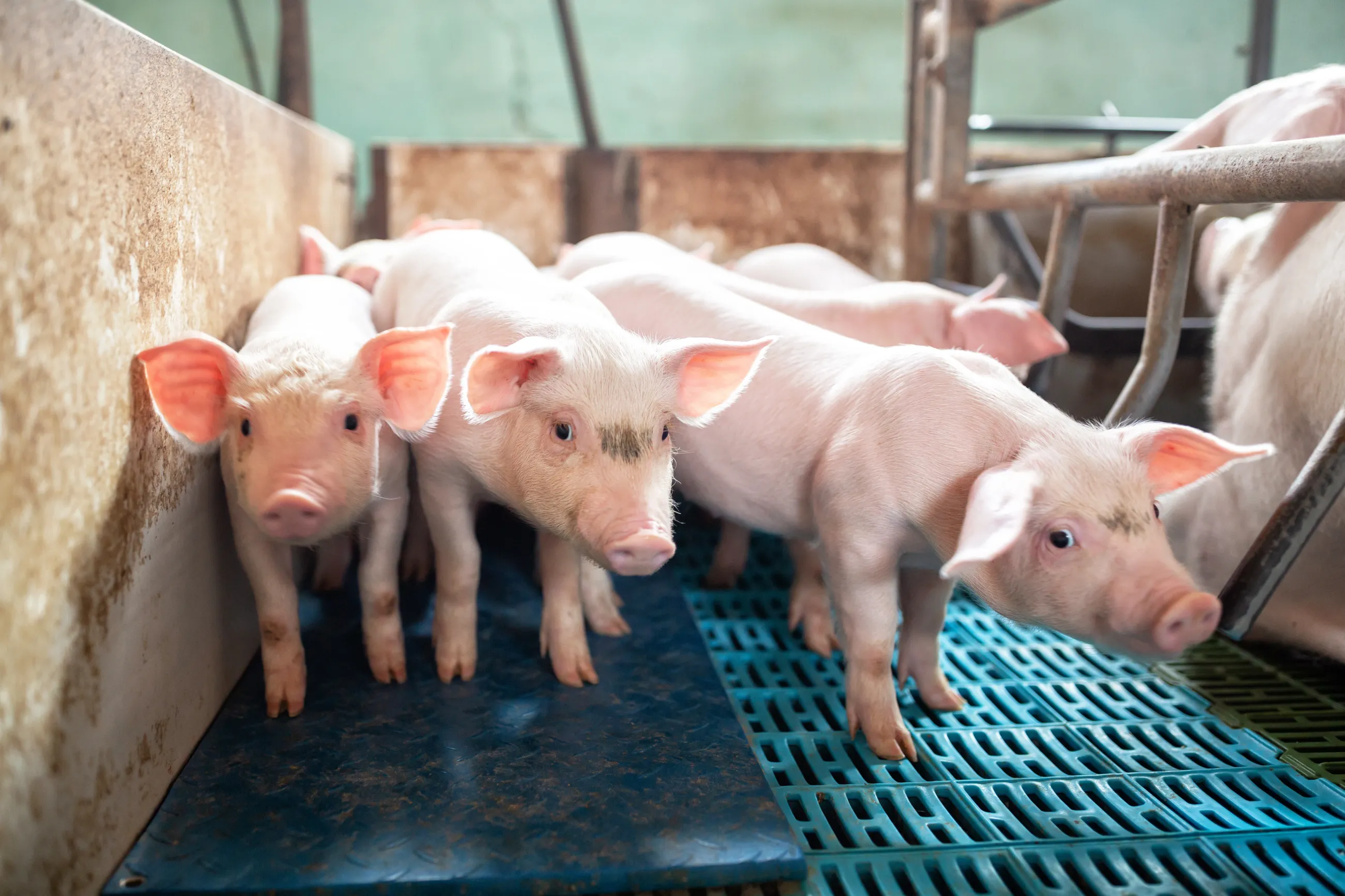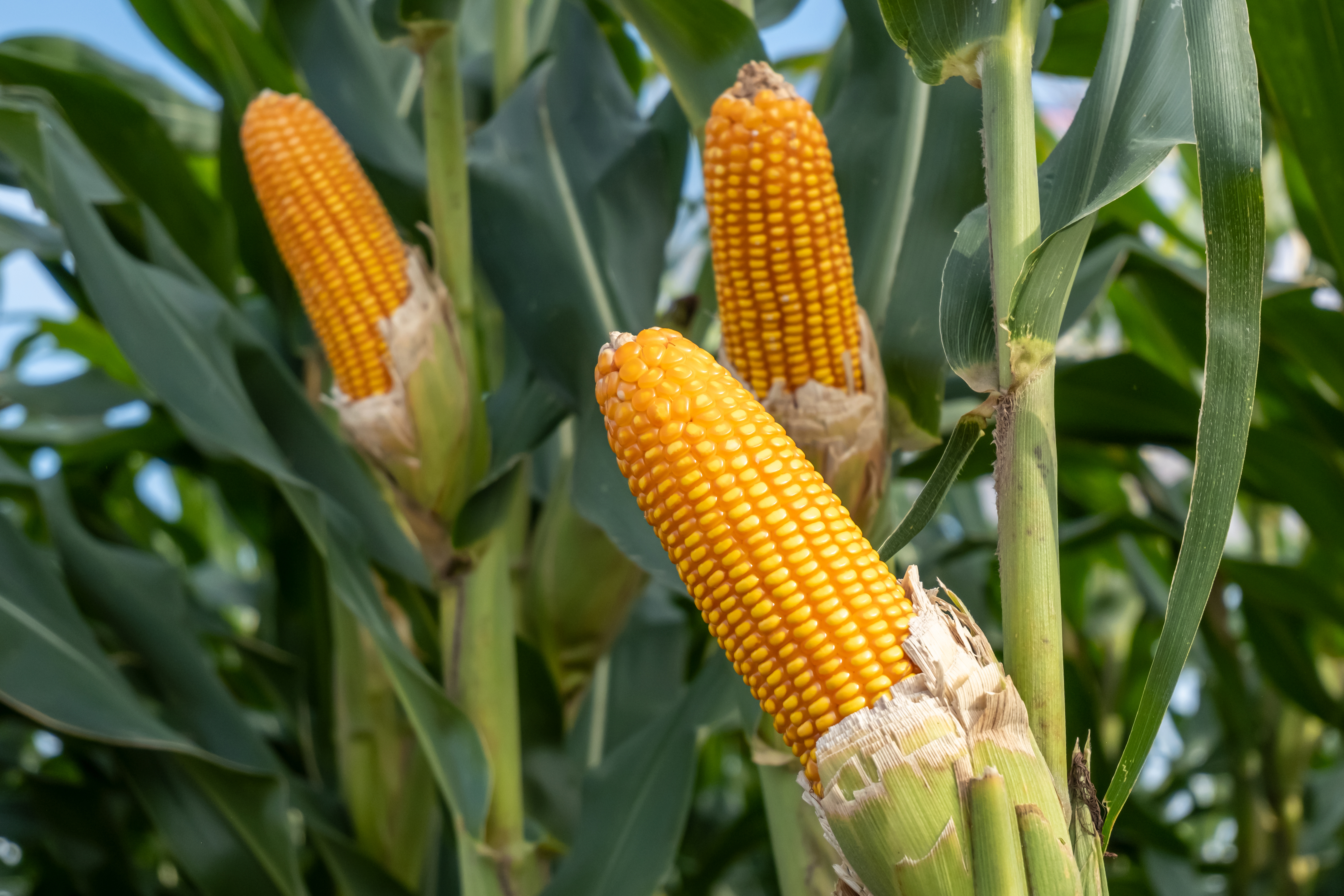June 25, 2024
Opinion: Farmers are working to bridge the producer-consumer divide. Here are ideas on how to do it.

When farmers share their values, such as humane animal treatment, they can reconnect with consumers. (AS photo)
Some Americans believe chocolate milk comes from brown cows. Some think Genetically Modified Organism crops, also known as GMOs, can cause autism. While neither of these ideas is true, they are examples of how removed many Americans are from their food sources, which is something U.S. farmers are working to change, writes Holly Spangler in her opinion piece for Prairie Farmer.
Since the early 2000s, U.S. farmers have invested millions of dollars "to help consumers understand where their food comes from and how modern ag helps feed the world," Spangler explains. "To fight the agriculture disconnect, the Illinois Farm Families Coalition has produced two Super Bowl commercials, bussed moms to farms, bussed farmers to Chicago, and reminded Illinoisians that farm families own and operate 96% of all farms in Illinois, via the We Are the 96 campaign."
But as long as Americans remain uncertain about where and how their food is produced, there will be a significant degree of distrust between farmers and consumers. "A 2022 University of Minnesota study revealed that just 24% of U.S. adults have a high degree of trust in the information they receive about food production," Spangler writes. "Only 27% of all survey respondents said they had a 'very favorable' impression of U.S. agriculture and food production. . . . It’s no surprise that farmers feel misunderstood or even under attack."
How can the farmer-to-consumer information breakdown be repaired? Through connection. Spangler explains, "What really connects with consumers? Shared values. When you share that you worry about the safety of your drinking water the same way they do, they will pay attention. And when you share that you want your family to eat healthy and safe food the way they do, they will listen."

Even when connections can't be immediately forged, Spangler says, "There's still plenty to talk about. . . . Like, explaining the science behind GMO crops and how they don’t cause cancer, autism, allergies or gluten intolerance. . . . Arm yourself with good news. I often think back to farmer Mike Martz telling a group of Chicago women about the healthy and unhealthy fats in steak. 'The fat in the marbling is actually monounsaturated fat. That’s the healthy fat, like olive oil. We call those flecks of flavor!' Martz said. The unhealthy fat? That’s the thick white stuff on the outside that you usually cut off."
Bring the facts and be ready to have a conversation. Spangler adds, "Statistics don’t change people’s minds. People change people’s minds."